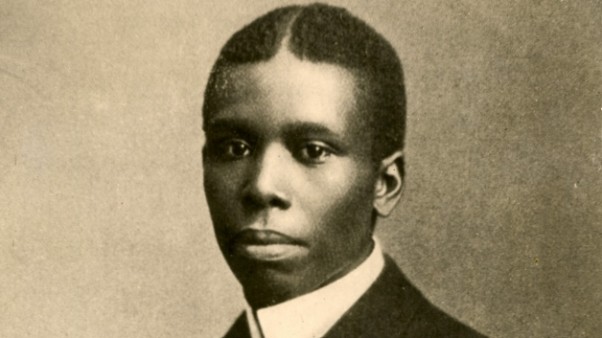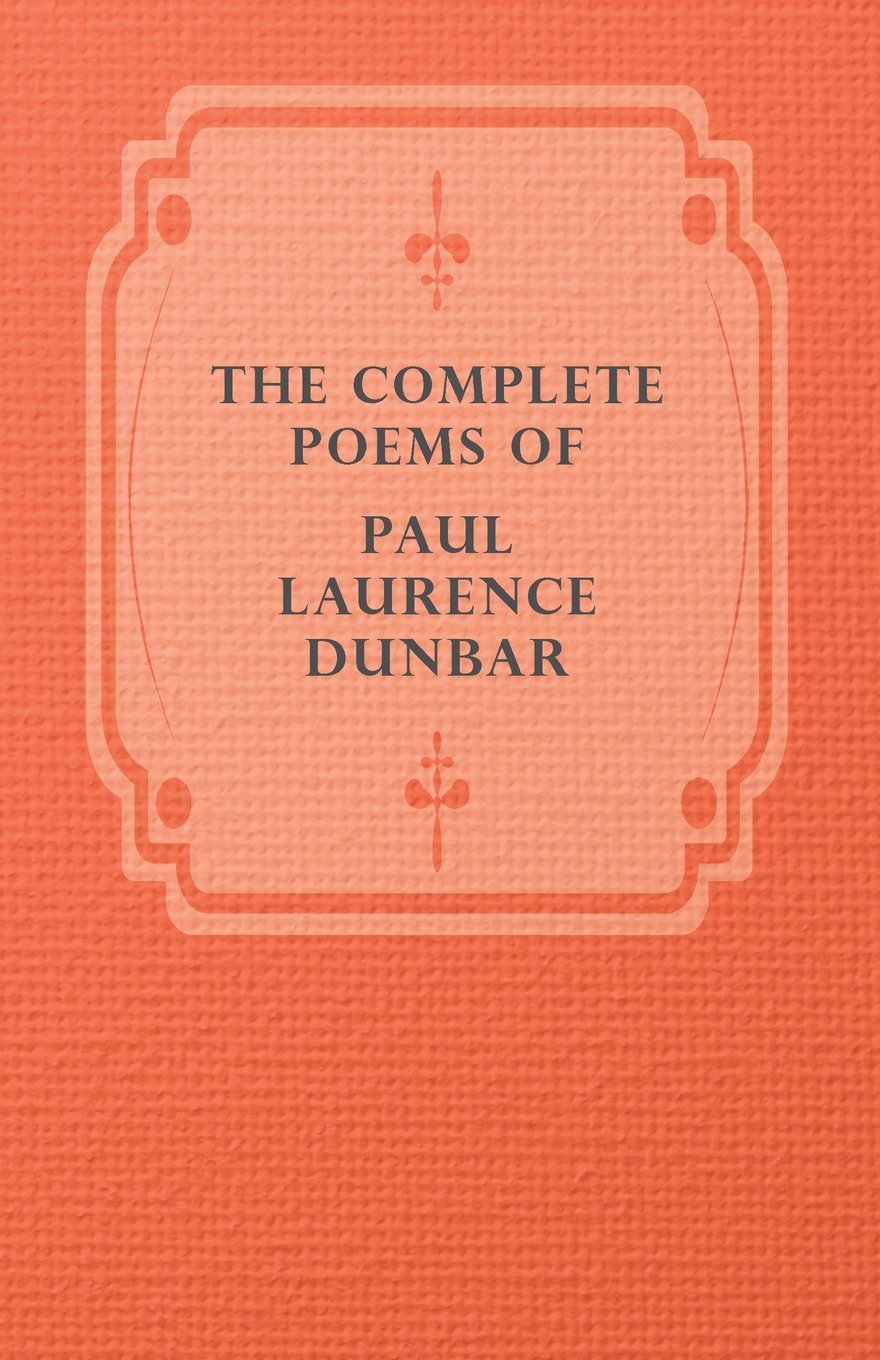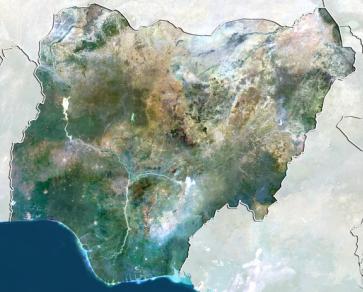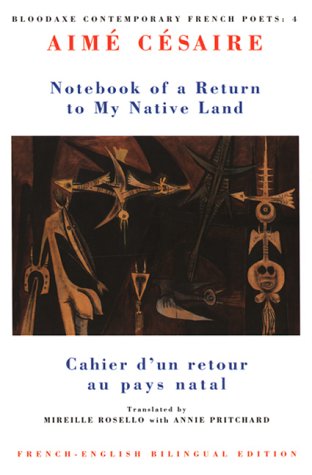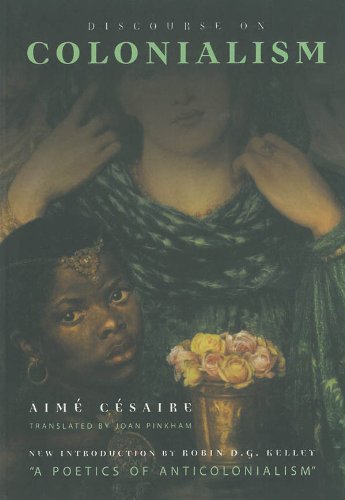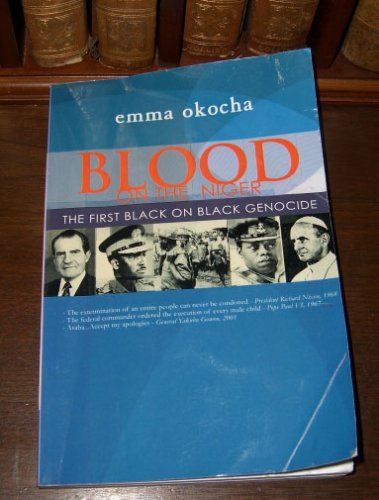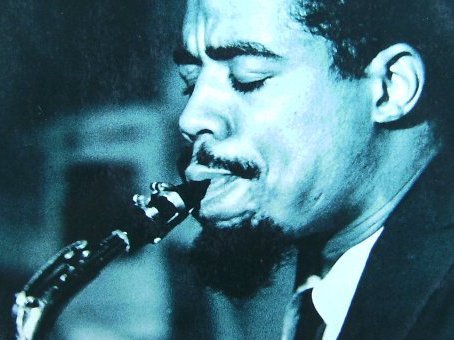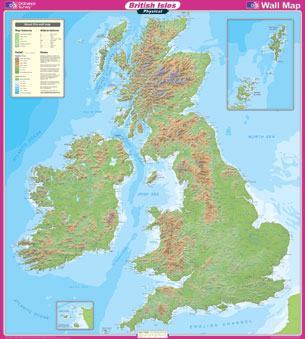Emmanual Mayah, “SPECIAL REPORT: How the Onitsha massacre of pro-Biafra supporters was coordinated – SSS operative”, Premium Times, Lagos, 13 June 2016 [Rethinking Africa is publishing this entire report including subtitles from the original without editing]
A WEEK after the slaying of pro-Biafra demonstrators in Onitsha, details of how
the mass killing was coordinated by security forces have emerged.
PREMIUM
TIMES has obtained an insider account by a whistleblower, who is an operative
of the State Security Service.
The
same whistleblower had reached out and provided vital information to two human
rights organization, the Amnesty International and the Intersociety for Civil
Liberties & Rule of Law.
The
operative, who was part of the security joint operation but is now
disturbed by the manner soldiers “refused to play by the rule”, contacted a trusted
human rights activist.
The
identity of the whistleblower is being concealed so he is not punished by the
authorities. His recorded narrative is however in the possession of this
newspaper.
The
whistleblower stated that the operation started with medium use of force on the
night of May 29.
The
following morning, the joint task force moved from the Onitsha Army Barracks to
the rally venue on Nkpor-Umuoji Road only to find a crowd of pro-Biafra
supporters who had been battered the night before by invading soldiers in the
premises of St Edmunds Catholic Primary School.
The
crowd, joined by newcomers, was by now in a resistance mood.
At
that point the JTF retreated to Onitsha Military Barracks. The retreat
infuriated Cantonment Commander, Issah M. Abdullahi, a colonel, who ordered
them back to clear the venue and roads of all “miscreants.”
With this firm directive, the JTF,
dominated by soldiers and led by Major C.O. Ibrahim of the Nigerian Military
Police, stormed the streets and the event venue.
The rest is history. The
whistleblower said that while other members of the JTF were minimizing the use
of force, soldiers recklessly opened fire at crowds, shooting at close range,
and “wasting people indiscriminately.”
Passersby and people in their homes
and shops were not spared of stray bullets, the SSS operative said.
He said it got to a point where
injured pro-Biafra supporters, seeing the countless bodies of their colleagues
on the ground, opened their arms wide, advanced towards the soldiers screaming
that they too should be killed.
Three military trucks were used to
cart away heaps of dead bodies.
According to the whistleblower,
there are two cemeteries inside the Onitsha Army Barracks. Though reserved for
fallen soldiers, victims of the massacre were buried in the cemetery close to
Yahweh Church, inside the barracks.
The whistleblower added that in the
evening of the same day when everyone thought the dust had settled, JTF
operatives invaded the Nnewi Teaching Hospital and to the fury of nurses,
abducted 12 gunshot victims and seven of their relations looking after them.
The 19, including women, were
brought before the Commissioner of Police, Hosea Karma. He claimed that the
commissioner accused the 19 of threatening the security of the state.
He would however order that the
wounded men be returned to the hospital while their family members be taken
away by SARS for interrogation. Human rights activists familiar with police
tactics in Nigeria say that interrogation by SARS is a euphemism for torture.
Continuing his narrative, the
whistleblower said that on June 2, two days after the massacre, soldiers
stormed the Nnewi hospital and arrested eight of the 12 critical injured men
the commissioner had earlier sent back to hospital.
Their
whereabouts remain unknown.
PREMIUM TIMES separately gathered
that on June 3, five men with serious bullet wounds were transferred by
soldiers from Onitsha Army Barracks to the State CID and dumped inside a cell
without any medical attention.
We are unable to ascertain if the
five men were among the eight abducted from Nnewi Teaching Hospital the day
before. The name of one of the abducted men is given as Ugoo K.C.
As the news spread that soldiers had
invaded the Nnewi Teaching Hospital, gunshot victims in other hospitals begged
their relations to move them to other states.
Among those moved to Abia State were
Chidi Nwigwe, Uchenna Odaa, Ezeaka Ejike, Chima Anamuasonye, Nwaowe John,
Ifeanyi C. Azubuike and Ugochukwu Nnamu. Those moved to Enugu included Ifeanyi
Ogumma and Arinze Aja.
Since the whistleblower’s account,
human rights groups have worked their contacts in the various security outfits
to check out the story.
A security source, another SSS
source and a military police source individually confirmed that a mass burial
occurred in the afternoon of Wednesday, June 1 in a military cemetery,
near Yahweh Church, inside the Onitsha Military Barracks.
The
military police source added that a total of 15 graves were prepared with some
taking as many as 10 bodies while some contained only five.
To hell and back: an escapee experience
‘To
hell and back’ is the only way to summarize the experience of Henry Ibebuike
Enekwe, the 32-year old electrical engineer who was abducted by soldiers on his
way to Enugu.
News
of Mr. Enekwe’s abduction was widely circulated by the human rights coalition
called the Southeast Based Coalition of Human Rights Organizations.
Recounting
his ordeal, Mr. Enekwe, who is not an IPOB member, said he was on his way to
Enugu from Onitsha to seal an electrical-installation contract with a Lagos-based
businessman. In the morning of the D-Day, May 30, 2016, he was abducted by
soldiers and taken to the Onitsha Military Cantonment.
“I
live at Nkpor-Agu. The greatest shock of my live was witnessing the killing of
three young men returning from early-morning mass in front of the street
leading to St Edmunds Catholic Church Nkpor-Agu (Early-morning mass is a daily
ritual for Catholic communities). I was arrested and thrown inside a military
truck. I think the three young men panicked when they saw the soldiers waving
their guns and barking. They attempted to run and right before my very eyes,
the soldiers fired at them one after the other. They picked up their corpses
and threw them like logs of wood into the same truck I was sitting inside. The
soldiers moved from that street to another, arresting people and throwing them
inside the same truck and killing others and picking up their bodies. They were
acting like hunters on a hunting expedition.
“When
we got to the barracks, I saw heaps of bodies on the ground. Those still
breathing were dumped together with the dead. Another military vehicle brought
in a new set of corpses. Later in the evening, all the corpses were taken in
the direction of a nursery and primary school inside the barracks. I never saw
anything again because we were taken into a cell,” Mr. Enekwe recounted.
While
in captivity, Mr. Enekwe said he and other detainees were tortured every
morning by soldiers.
“The
soldiers call it morning tea. They force us to lie on a long bench and flog you
with koboko (horsewhip) till you begin to bleed. When blood comes out, they
pour water on wounds and continue to flog you to bring out more blood. As they
flogged us, they rain curses on our mothers, our fathers and our [people],” Mr.
Enekwe recalled.
In
a little office filled with sympathizers, among them a PREMIUM TIMES reporter,
Mr. Enekwe told human rights activists that in the night of Wednesday June
1, about 8.30pm, soldiers guarding his cell crudely announced to the
detainees: “We don give your brothers mass burial today and if you people
mess up, you will join them and nothing will happen.”
The
engineer further added that in the early hours of June 3, about 1.30am, soldiers came to his cell and moved some detainees,
including six groaning with gunshot wounds. They were never returned to the
cell till June 4, when he regained his freedom.
Mr.
Enekwe said he was lucky to have come out of military detention alive. His
rescue was made possible by family contacts within the SSS. It could not be
confirmed but someone in the Ebonyi State Directorate of the SSS is believed to
have contacted a senior SSS colleague in Anambra. He was told that his SSS
savior came six times to the Onitsha military barracks but was each time told
Mr. Enekwe was not in their custody.
Inefficient Human Right Desk
In
February this year, the Nigerian Army announced the establishment of what it
called the Army Human Right Desk. The Chief of Army Staff (COAS), Tukur
Buratai, represented at the commissioning by the Chief of Civil-Military
Affairs (CCMA), Rogers Nicholas, had said the establishment of the desk office
was borne out of the increasing interest of the local and international human
rights bodies on what the army was doing in the North East and other parts of
the country.
He
had added that the human right desk was facilitated by the Nigerian Bar
Association (NBA) and the National Human Rights Commission (NHRC), assuring
that the Nigerian Army under his leadership would investigate all cases of
human rights complaints brought before it.
That
has not happened. The litmus test was the invasion by soldiers same month of a
prayer meeting inside the National High School Aba and the shooting dead of 22
unarmed pro-Biafra sympathizers whose bodies were later dumped in a borrow pit.
The Army announced it had dispatched an investigation team to Aba but almost
four months after, the outcome of the military investigation is yet to be
made public.
Massacre on Heroes Day
PREMIUM
TIMES gathered that May 30 every year is set aside since 1966 for remembrance
of fallen heroes of Igbo Ethnic nationality. In 2014 and 2015 the day was
marked in Enugu and Aba and by Igbo diaspora in Europe, America, Canada and
some countries of Africa. Programme of events include lectures, church services
and solemn procession. There are no street protests or armed activities.
It
was further gathered that Onitsha was chosen for this year’s celebration. An
expanse of land along Nkpor-Umuoji Road, close to ALO Aluminum Industry Ltd,
was chosen as venue. The land belongs to a cooperative run by a traders’
association which had acquired same for the building of residential houses by
its members.
The
leadership of the Indigenous People of Biafra (IPOB) showed this newspaper a
copy of a notification letter addressed to and sent to the Anambra State
Commissioner of Police, Hosea Karma, requesting security protection at the
venue.
The
letter dated May 23, 2016 was signed on May 24, 2016 by Uchenna
Asiegbu of the IOPB’s Directorate of State. A security source said the letter
became the “working document” for counter-strategies against the Heroes Day
celebration.
In
the night of May 29, the eve of the anniversary, blockades were mounted on all
roads leading into Onitsha by soldiers, some of whom were said to have come
from 82 Division Enugu. The sealed roads were Onitsha-Owerri Expressway to stop
IPOB/MASSOB supporters coming in from Imo, Abia, Port Harcourt and Akwa Ibom
States; the Asaba-Onitsha Expressway to prevent travelers coming in from Lagos,
Edo and northern part of the country; and the Onitsha-Enugu Expressway to
contain those arriving from Enugu, Ebonyi, Cross Rivers, Benue and Kogi States.
Innocent
travellers and IPOB sympathizers alike were allegedly pulled out of buses,
verbally attacked, flogged with horsewhip and hit with the butt of the gun.
At
the Delta end of the Niger Bridge, some passengers were shot at, arrested and
taken away. Some night travellers, who were neither IPOB/MASSOB members nor
aware of anything called Heroes Day were equally beaten up by soldiers.
Not
a few, including women and teenagers, had to run into the bush and remained
there all night.
The
whistleblower told a trusted human rights campaigner that to the chagrin of
anti-riot policemen and operatives of the SSS, rampaging soldiers “hijacked the
security operation” kicking passengers, ordering them to lie face down on the
dirt, shooting indiscriminately and mouthing ethnic slurs.
Meanwhile
IPOB/MASSOB supporters who had entered Onitsha before the blockades made their
way to the venue of the Heroes Day celebration. In their hundreds they camped
out in a primary school close to St. Edmunds Catholic Church at Nkpor-Agu. The
pro-Biafra supporters said that minutes before 2am when most of
them were sound asleep, soldiers invaded the school, shooting into the crowd.
Those who could run did so but that did not stop the bullets hitting them from
behind. The exact number of people killed in the primary school or left with
bullet wounds is difficult to tell as most of the victims had arrived from
different states and did not particularly know one another.
Survivors
said the dead and some of the wounded were taken away in military trucks. Those
arrested were packed into the same trucks carrying the dead and taken to the
Onitsha Military Barracks.
In
the morning of May 30, the D-Day, news of the killings of sleeping men at the
school near St. Edmund Catholic Church had been heard in Onitsha, Asaba and
different parts of the South East.
In
Onitsha, dozens of trucks and vans filled with soldiers in combat gears raced
down major roads and streets. Any gathering of three or more people was at risk
of being fired upon.
Shootings
were recorded at hotspots in Onitsha and environs including Nkpor Junction,
Eke-Nkpor –Umuoji road, Afor-Nkpor to Onitsha-Enugu Expressway, Flyover Bridge
by New Parts Market, Ojoto- Umuoji road, Ifite-Dunu, Ogbunike and Ogidi.
Following
the blockade of every road leading to the event venue, the pro-Biafra leaders
resorted to using mobile phones to coordinate their members. Thousands soon
assembled simultaneously at three strategic spots: the Asaba-Abraka Junction by
BridgeHead in Delta State, Ifite-Dunu and Ojoto/Umuoji. From these different
spots, the three different crowds began to match into Onitsha with the open-air
venue as destination.
Not
everyone made it to the Heroes Day venue. Way before sunset, 14 critically
injured citizens were writhing on the floor of the Nnewi Teaching Hospital, 15
at the Multicare Hospital in Nkpor and nine at St Mary’s Hospital, Nnewi.
Several
private hospitals, including the Crown Hospital and St Michael Hospitals in
Nkpor were equally recipients of gunshot emergencies. Same for medical
facilities in Asaba and Okija.
The
Acting Police Public Relations Officer (PPRO) of Delta State, Charles Muka, had
in a statement said that five members of the pro-Biafra group were killed by
military officers after confrontations along the Asaba-Onitsha Expressway.
But
that was only in Delta State. In the push from Delta into Anambra, two
policemen were pushed into the River Niger. One drowned, the other was rescued.
A Deputy Superintendent of Police (DSP) was stabbed to death in Onitsha. His
name was given as Genesis Akagha. He was from Umu Ororonjo in Owerri Municipal,
Imo State.
Family
members told PREMIUM TIMES that the late Mr. Akagha was just transferred to
Sapele in Delta State and was to resume at his new post the same week he was
killed.
Victims’ identities
IPOB and the human rights organization, the
Intersociety, said no less than 29 civilians were killed in Asaba alone. The
Asaba victims included Ichoku Ndu, Ebere Obidike, Nwabueze Uzonna, Okey Roland,
Chukwudi Ifenna, Isaac Uzochukwu, Eberima Aguh, Henry Gideon, Efion Apani,
Abuchi Obi, Ozoemena Chukwuma, Lotenna Ifeajuna, Ifebuchi Okenwa, Wisdom Omota,
Ejike Abunchukwu, Ozobu Ogbonna, Emeka Madueke, Paschal Gideon, Afam
Onyeburu, Izu Onwubiewe, Okey Agubata, Celestine Nnamdi, Obieke Lotenna,
Nwabueze Oti, Chijioke Ozoro, Nwadike Chibuzo, Azuka Ifeake, Chioma Nkemjika
and Obiora Okonkwo.
PREMIUM
TIMES also gathered that in addition to the Asaba casualties, killings recorded
elsewhere in Onitsha and environs were as high as 90 deaths. Intersociety
claims a death toll of over 120.
The
names of some of the victims were given as Obi Nkemakonam, Ubani Nwenneakonam,
Nwuzo Friday, Ilo Friday, Olisama
Chukwuemeka, Awah Sopuruchi, Okoye Chinedu, Ezeilo Chuka, Onyeduna Ifesinachi,
Nnamani Sunday, Chinonso Amadi, Tagbo Chibuzo, Anyanwu Chika, Egbe
Johnson, Osukwe Ijeoma, Nkechukwu Ikechukwu, Kenneth Eni, Orjichukwu Chigozie,
Solomon Izundu, Ebili Edward, Gabriel Onyedikachi, Ilo Ozoemena, Nwauju
Charles, Onuoha Chidozie, Onyemaechi Nwaezeoma, Innocent Obodoekwe, Ifeanyi
Azubuike, Adigwe Chukwudi, Ogochukwu Mbam, Obiosa Chukwueme, Ugochukwu Samuel,
Onuoha Chigozie, Maduka Egwela, John Onuchukwu, Maduabuchi Onwukanjo, Izuchukwu
Nwaogba, Nnamdi Okonkwo, Ibekwe Okechukwu, Felix Odianwu, Okafor Moses Madukasi
and Egwu Joseph.
Like Tiananmen Square
Security
operation of May 30 in Onitsha has variously been compared to the Tiananmen
Square Massacre in China, in 1989. IPOB alleges ethnic cleansing and
genocide.
Heads
of the different security units involved in the Heroes Day operations included
Col Isah M. Abdullahi who is the Onitsha Military Cantonment Commander;
Commissioner of Police, Hosea Karma; Major C.O. Ibrahim of the Nigerian
Military Police at Onitsha Army Barracks; Deputy Commissioner of Police J.B.
Kokomo, who is the deputy commissioner in charge of operations in the Anambra
State Police Command; DCP Makama, Second–in-command, Anambra State Police
Command; Assistant Commissioner of Police H. Ezekiel who is the Onitsha
Area Commander; Superintendent of Police Rabiu Garba, the DPO of Fegge
Police Station; Superintendent of Police, Mark Ijaradu of Inland Town police
unit; CSP Kayode Olabanji of Okpoko police station.
Officers
of the Ogidi Police unit also participated in the security operations but
PREMIUM TIMES was unable to confirm the identity of the Head of the unit.
Aside
those killed or critically wounded, dozens of others have gone missing. Family
members said they initially thought their missing relatives were among the over
100 people arrested and held in various detention facilities including the
Onitsha Army Barracks, the Special Anti Robbery Squad (SARS) at Awkuzu, the
Nigerian Prisons in Onitsha and the State CID at Awka.
They
have gone from one detention centre to another; visited hospitals and
mortuaries yet cannot find their loved ones. Following the Heroes Day rally,
soldiers and SARS operatives have routinely invaded homes at midnight, abducting men from their beds. One of them is
Chikezie Nwodo, a native of Enugu State.
Human
rights organizations working in the South East said that before the rally, over
600 people were documented to have been arrested, tortured and being held without
trial in prisons in different parts of the country.
Twitter@HerbertEkweEkwe


